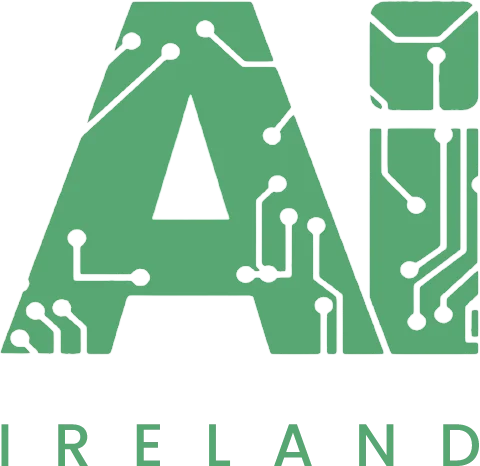Artificial intelligence has become a frequent topic in the news over the past couple of months as experts and tech leaders are cautioning about the potential consequences of their own AI inventions.
Our very own Mark Kelly recently sat down with Gerry Kelly on LMFM’s Late Lunch to chat about the current state of AI, its impact on society and whether AI should be feared or embraced as a means of enhancing human life.
Mark spoke to Gerry about how AI is already deeply embedded in various aspects of our lives. For example, Netflix utilizes AI to recommend shows based on users’ watch history, preferences, and demographics. This personalized experience is made possible through the use of recommendation engines that analyze user data. Mark also shared other examples such as in fraud detection; how AI algorithms can identify irregular account activities, helping protect individuals from potential scams. Furthermore, AI has revolutionized drug discovery, significantly reducing the time and cost involved in bringing new drugs to market.
To shed light on real-world applications of AI, Mark has compiled over 400 case studies, showcasing how companies in Ireland have utilized AI in their business. These examples demonstrate how technology can serve as an enabler, benefiting society in various domains.
Addressing concerns surrounding AI, Mark said it is essential to consider the role of regulation and the need for ethical considerations. The European Union has been proactive in establishing the AI Act, which sets criteria and limitations for AI products. Similar regulations are being implemented in different countries to ensure privacy and mitigate biases inherent in AI algorithms. Transparency and explainability are crucial factors in building trust in AI systems, as they address concerns about misinformation and manipulation.
One common worry regarding AI is the potential for job losses. While it is true that automation may lead to the automation of certain tasks, Mark highlighted that it is unlikely to result in complete job displacement. Studies suggest that between 10% and 50% of job roles may be automated, but humans will still play a vital role in overseeing and complementing automated processes. The evolution of AI and automation should be seen as an opportunity to redefine job roles and emphasize creativity and problem-solving skills. Upskilling and digital dexterity will be crucial to adapt to the changing landscape.
The conversation surrounding AI has gained momentum in the past few months with the rise of ChatGPT contributing to a broader national dialogue. The rapid advancements in AI technology, while promising, necessitate ongoing discussions and involvement from government. Building a future where AI is utilized for societal improvement requires collaboration, awareness, and responsible development.
As the field of education embraces AI and ChatGPT, Mark talked about how it opens up new possibilities for personalized learning experiences. While it is too early to determine if ChatGPT will replace Google, the capabilities of AI models like ChatGPT have shown great potential for transforming how we interact with technology. Personalized virtual assistants may become more prevalent, offering tailored journeys for tasks like cooking lessons, fitness advice or travel planning.
Misinformation remains a challenge in the era of AI, just as it does in social media. Mark highlighted how establishing fairness, transparency, and explainability in AI systems is crucial to combatting misinformation. The industry must prioritize building trust and ensuring that AI is perceived as a reliable and credible technology.
In conclusion, AI presents immense opportunities to enhance our lives across various domains. While concerns exist, ongoing efforts in regulation, ethics, and transparency are combatting these issues. By embracing AI responsibly, fostering education, and leveraging its potential, we can navigate the future with confidence, ease public concerns and unlock the benefits AI has to offer.

